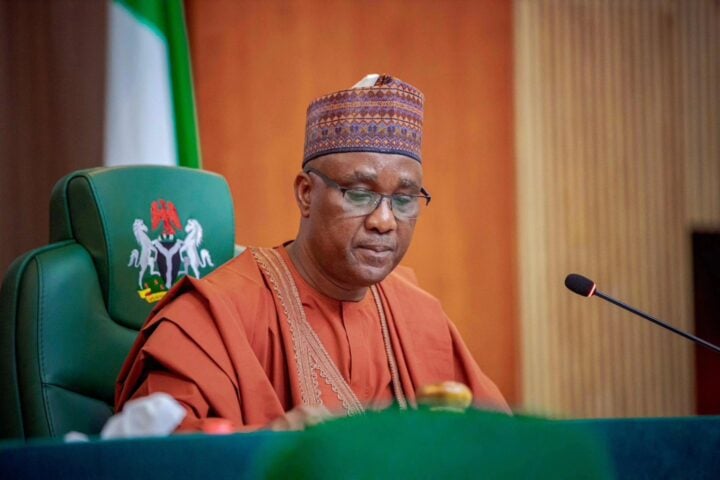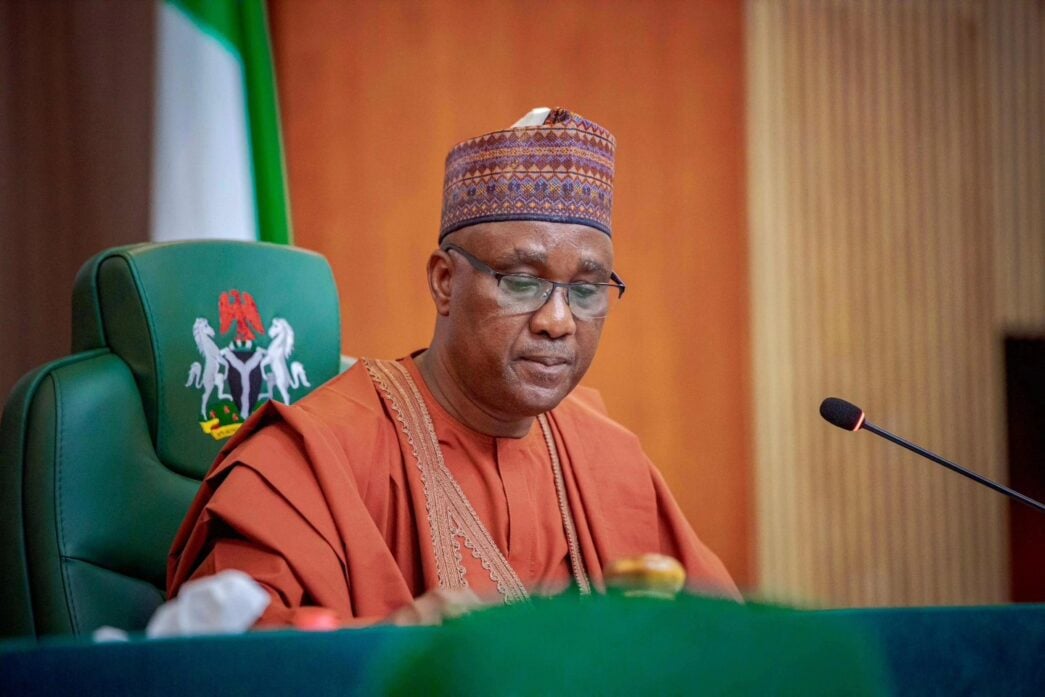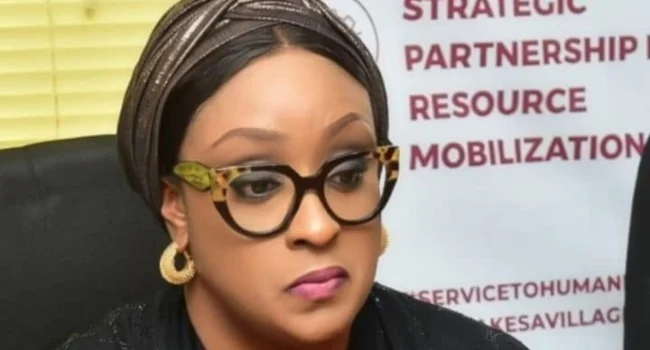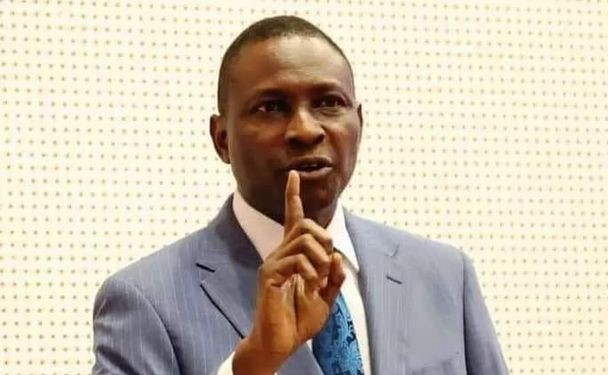Tajudeen Abbas, speaker of the house of representatives
Tajudeen Abbas, speaker of the house of representatives, has withdrawn the bill seeking to make voting compulsory for eligible Nigerians.
The bill was co-sponsored by Abbas and Daniel Ago, lawmaker representing Bassa/Jos north federal constituency of Plateau state.
On May 15, the bill scaled second reading in the green chamber.
Leading the debate, Ago said the proposed legislation seeks to amend the Electoral Act 2022 to tackle the problem of low voter turnout.
Advertisement
He said compulsory voting law would increase civic engagement and voter participation, making electoral involvement a legal obligation rather than a personal choice.
Ago said the bill, if passed into law, would strengthen democracy by improving representation, foster a more politically aware country, and reduce vote buying.
The bill proposed a six-month jail term or a fine of N100,000 for eligible voters who fail to participate in elections.
Advertisement
However, the bill was strongly criticised by a broad spectrum of Nigerians, including civil society organisations (CSOs) and the Nigerian Bar Association (NBA).
The NBA had said the proposed piece of legislation is “regressive” and inconsistent with the provisions of the constitution.
‘WITHDRAWAL WILL ALLOW FOR DIALOGUE’
In a statement issued on Monday by Musa Krishi, his special adviser on media and publicity, Abbas said he withdrew the bill after “extensive consultations with a broad spectrum of stakeholders”.
Advertisement
“From the outset, the bill was introduced with the best intentions, which is to bolster civic engagement and strengthen our democracy by encouraging higher voter turnout,” the statement reads.
“Compulsory voting has long been practised with notable success in countries such as Australia, Belgium and Brazil, where it has helped sustain participation rates above 90 per cent, while nations like Argentina and Singapore have also implemented similar measures to foster inclusivity at the ballot box.
“Nevertheless, the speaker acknowledges that lawmaking is ultimately about the people it serves and that any reform must respect individual freedoms and public sentiment.
“Rather than compel participation, he is committed to exploring positive incentives and innovative approaches that will make voting more attractive and accessible to all Nigerians.”
Advertisement
Abbas added that the bill’s withdrawal would allow for “further dialogue” on how best to foster voluntary participation that honours our democratic ideals and the rights of Nigerians.
With the bill withdrawn, no further legislative action is expected to be taken on it.
Advertisement











